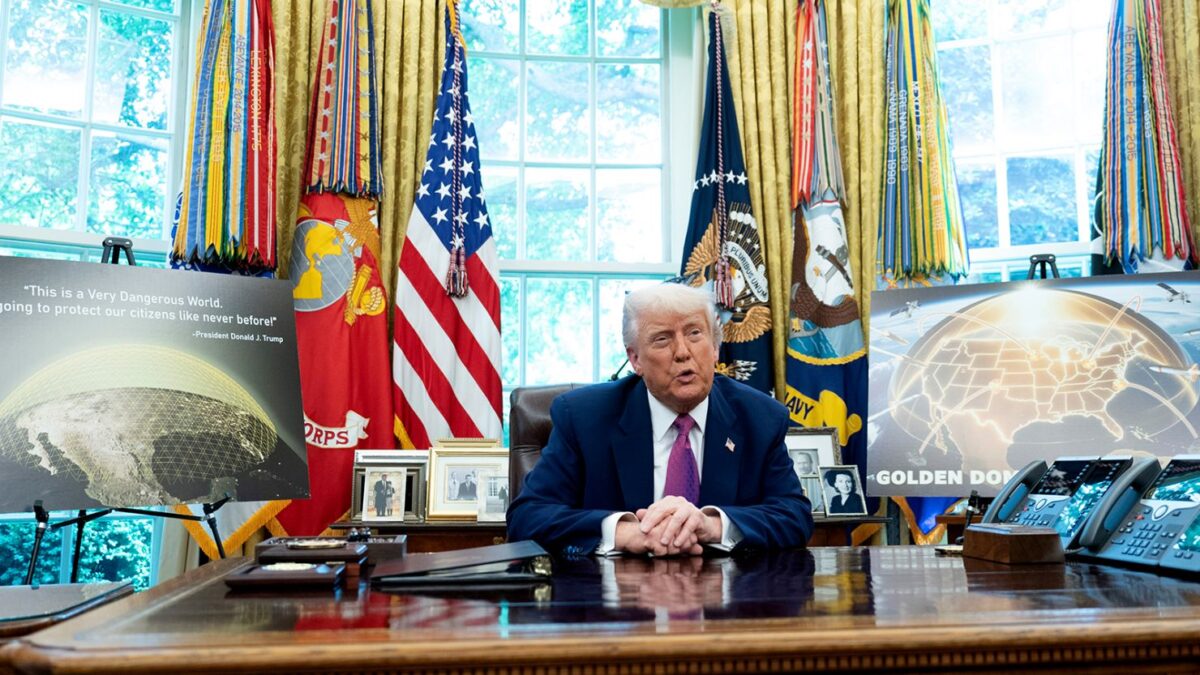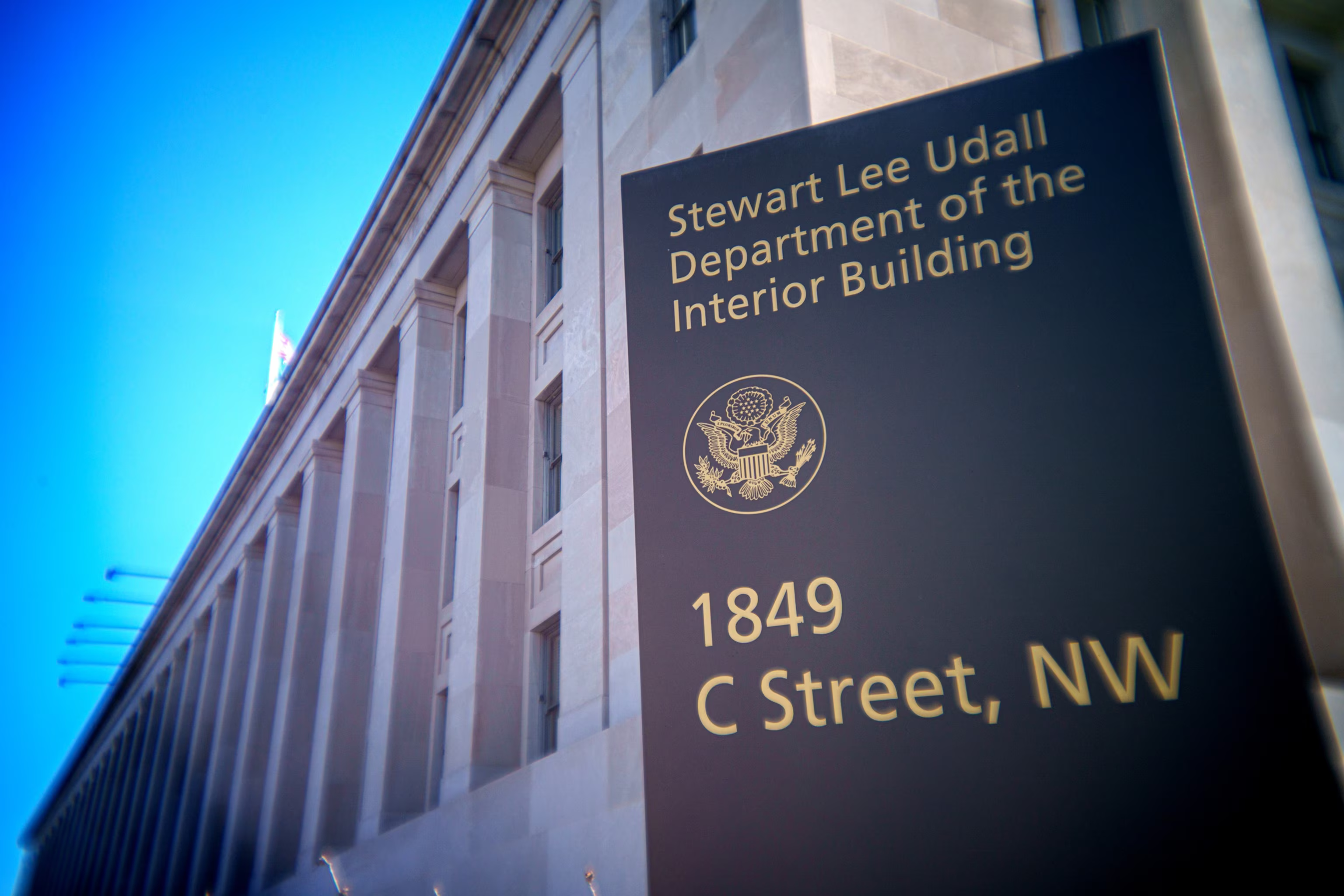The United States is proposing an ambitious initiative, known as “Golden Dome,” a $175-billion project aimed at intercepting potential missile threats, specifically citing concerns regarding capabilities from nations such as China, Iran, North Korea, and Russia.
International Reactions and Concerns
The proposal has elicited significant international reaction. Russia’s Foreign Ministry spokeswoman, Maria Zakharova, stated the project “undermines the foundations of strategic stability” among nuclear powers, characterizing it as part of a broader global missile defense system effort.
North Korea has also expressed strong opposition, describing Golden Dome as a “very dangerous threatening initiative.” State media quoted the Foreign Ministry’s Institute for American Studies as calling it a “typical product of ‘America first,’ the height of self-righteousness, arrogance, high-handed and arbitrary practice, and is an outer space nuclear war scenario,” viewing it as an aggressive rather than purely defensive measure.
China has likewise expressed serious concerns, stating it is “seriously concerned” about the project and urging Washington to abandon its development. The international response indicates the proposed system is not universally welcomed and is generating significant geopolitical friction.
Proposed Mechanism
The proposed mechanism for Golden Dome involves leveraging a vast network of hundreds of orbiting satellites equipped with sophisticated sensors designed for near-instantaneous detection of missile launches.
Strategic Stability Under Debate
Central to the international criticism is the concept of strategic stability. Nuclear powers have historically maintained a balance based on the deterrent threat of retaliation, often referred to as Mutually Assured Destruction (MAD). Concerns exist that a highly effective missile defense system could disrupt this balance, potentially influencing perceptions of vulnerability and leading to escalatory dynamics. This represents a complex interplay of power dynamics and perceptions on the global stage.
The Future of Missile Defense
Reports indicate that during the Trump administration, a design was selected and a program leader appointed for this initiative. With a projected cost of $175 billion, it represents a significant investment in future defense capabilities.
However, as evidenced by the reactions from Russia, North Korea, and China, the project’s trajectory is marked by international tension and debate regarding its potential impact on global stability. The realization of this system and its consequences for international relations and the future of warfare remain significant questions.
Contact us today through our website or WhatsApp to discover how we can help you achieve success in the United States. Together, we can turn dreams into reality.
Information source: usatoday.com



